
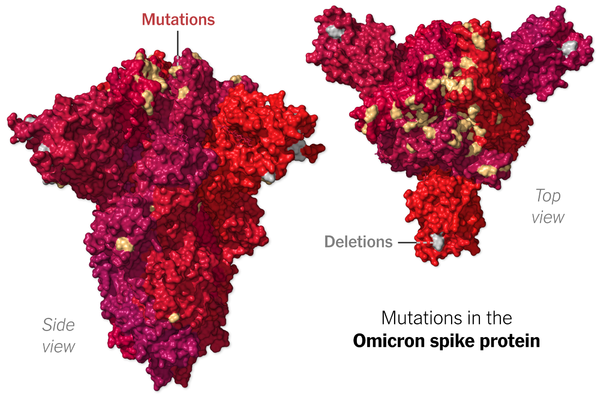
Is the COVID-19 pandemic here to stay? Since rocking the world in 2020, whenever there appears to be a calm, the storm resurfaces once again.
In the space of almost two years, the world has seen the Beta, Delta, Alpha, Mews, Gamma and now Omicron variants. Which variant is next? There may even be other mutations that have not yet been discovered. But how is this happening? What is contributing to the evolution of COVID-19 and are Jamaicans playing their part to negate the spread?
The recent revelation of the Omicron variant now places an even greater spotlight on the urgency for Jamaica to increase its vaccination rate. This as Omicron’s place of origin, South Africa, has a vaccination rate that supersedes Jamaica’s by less than 10 per cent, being 24.1 per cent and 17.1 per cent respectively. The Omicron variant reaching the Jamaican shores may seem to some to be a somewhat far-fetched idea, especially with the Government imposing restrictions on flights from Southern Africa. However, the likelihood of the virus already spreading to other parts of the world and even already being here in Jamaica is great.
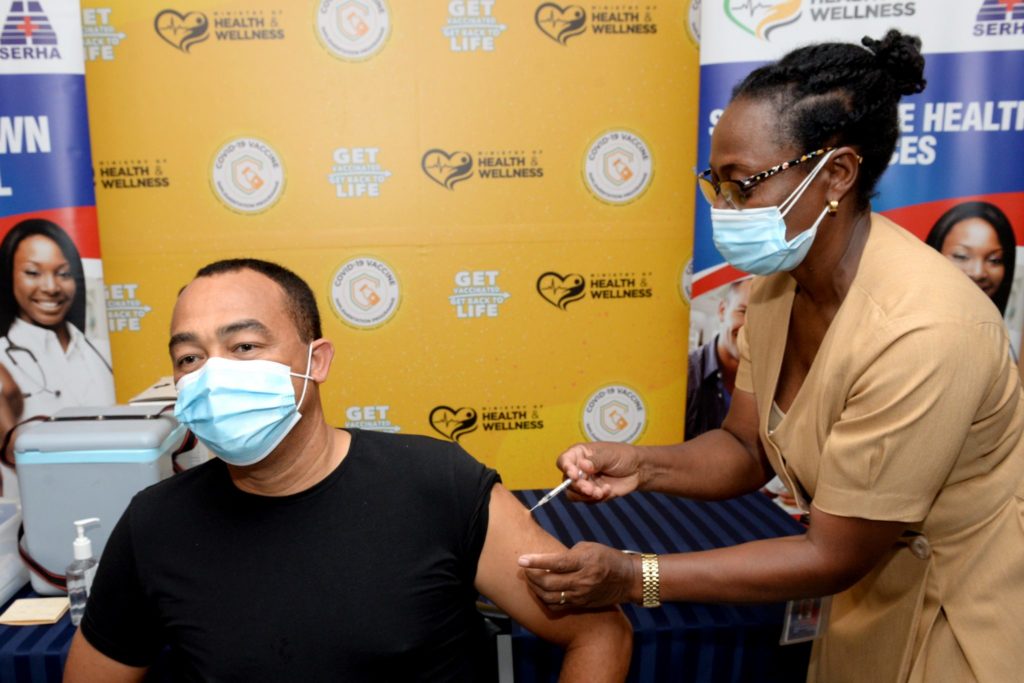
As Jamaicans, it is important that we play our part in limiting the spread of the virus by getting vaccinated.
Our Today spoke with Health Minister Dr Christopher Tufton on the matter and he maintained that the best response to the virus is getting vaccinated.
“Yes, vaccination is the best response to date to dealing with COVID-19 virus. From a number of perspectives; protecting self, family and community, also reducing variant strains from emerging,” Tufton said.
There are those, however, who continue to reject the process, not knowing that the vaccine serves dual roles – protecting one against the spread and preventing further mutation.
How Mutation Occurs
A virus is a shell of protein surrounding genetic material which can either be DNA or RNA. The genetic material consists of molecules that can be represented as a series of numbers – for example 1 2 3 4 5. These numbers are referred to as a code and this code contains instructions that tell the virus how to create a protein vital for its survival.
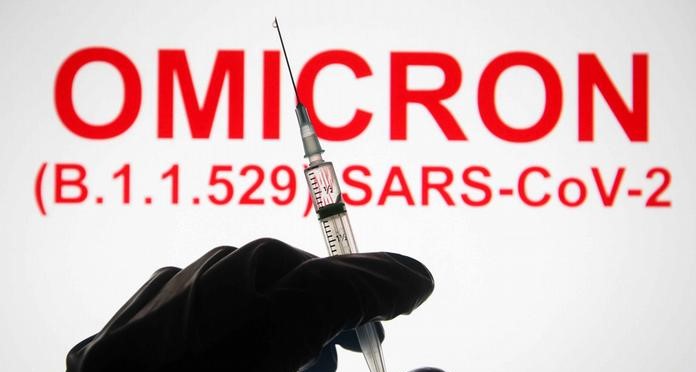
Viruses are very simple and have only one goal, to multiply! In other words, they create more of themselves. Due to their simplicity, viruses do not have the ability to multiply on their own, hence the need for a host. In the case of COVID-19, humans serve as hosts for the virus. Each time a person is infected with the virus, it utilises the human cells to create copies of itself and continuously repeats the code, creating numerous viruses.
At some point, however, the virus will make a mistake and delete, reposition or add a number to the code. This mistake is known as a mutation. With this mutation, the instructions to create other viruses are slightly altered. The slightly altered mutation is known as a variant.
Coronavirus is covered in spike proteins, which the virus uses to attach to and infect cells inside the human body. Attempts to attach do not always work, therefore, it does not always get past the cells, but the Alpha variant, for example, has multiple mutations of the spike protein that make it easier for the virus to attach to cells which results in it becoming more transmissible.
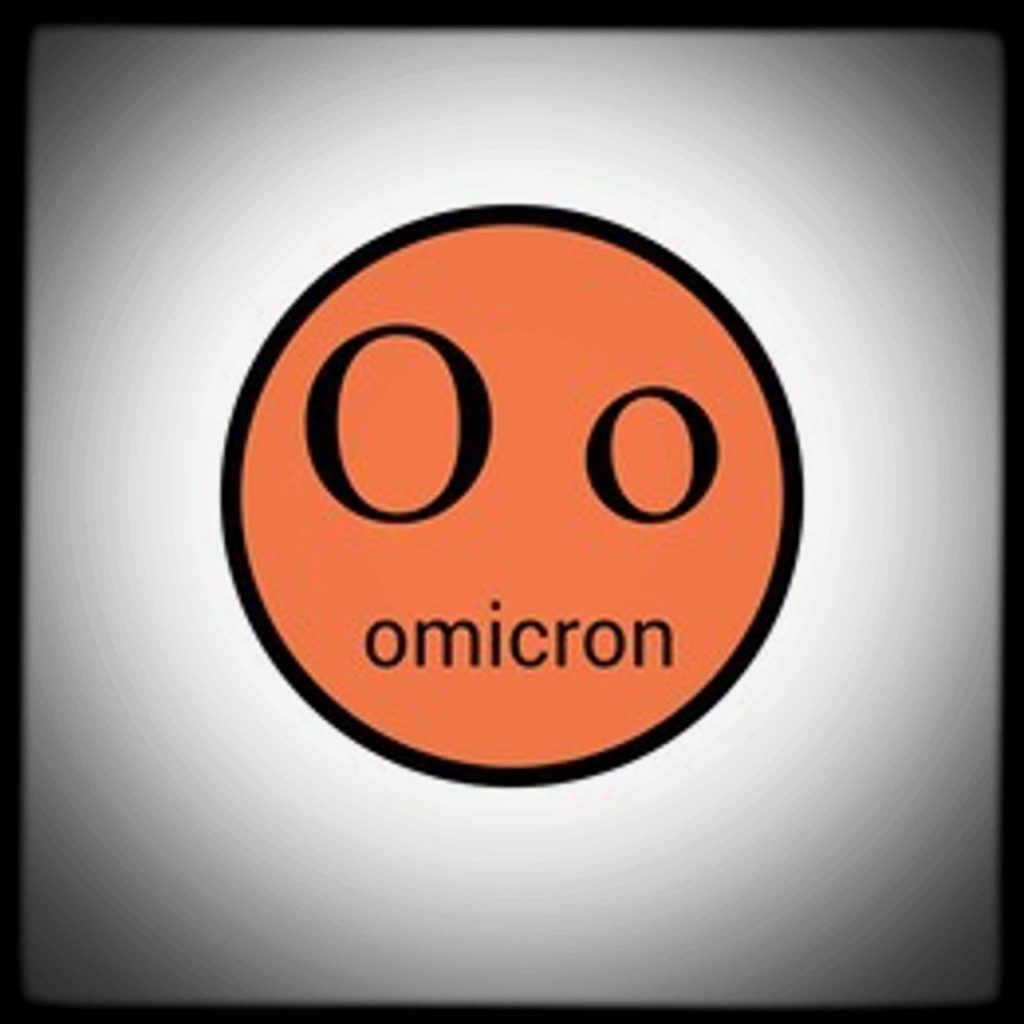
The longer a virus is around and the more it spreads, then the greater the opportunity it has to evolve and the more dangerous it can become. Gamma and Beta, for example, formed what we now know as Delta and it is reported that they evolved so that the Delta variant could evade the body’s natural immune response.
The immune response our bodies will get from the vaccine is much stronger than our natural immune response. While there are variants that make the vaccine less effective, experts do not think one will emerge that completely evades the vaccine. Although not guaranteed, it is not likely that the vaccine won’t have some positive effect.
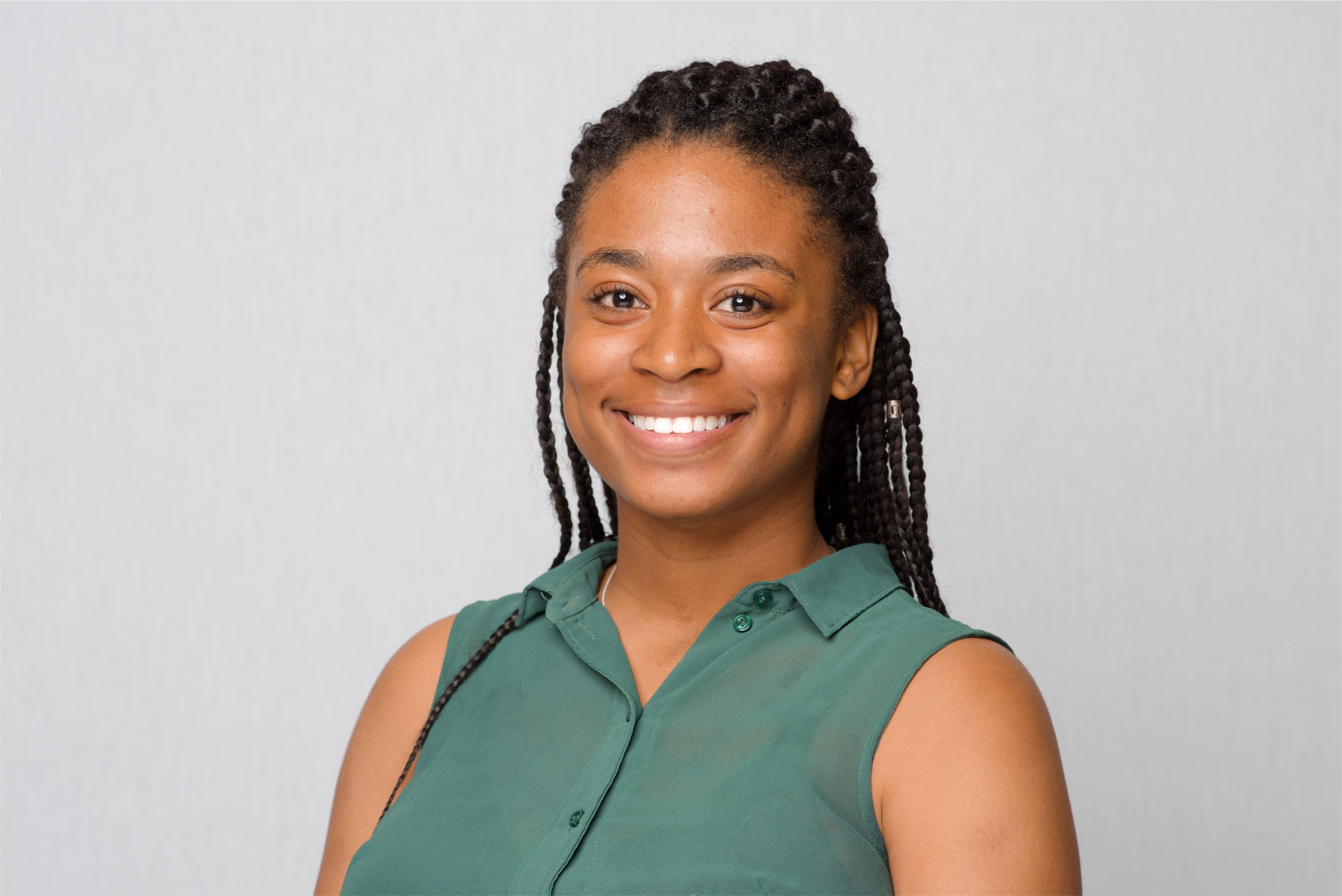


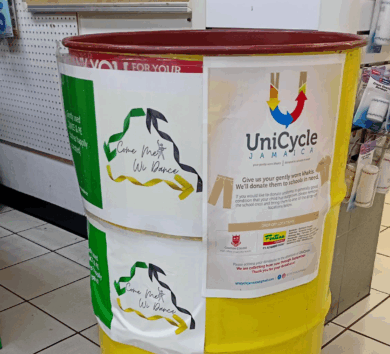

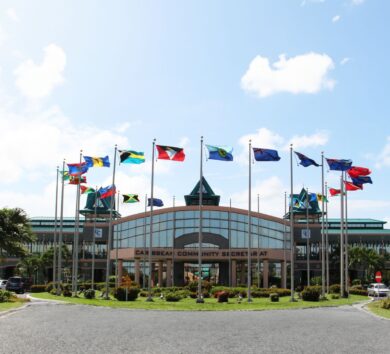

Comments